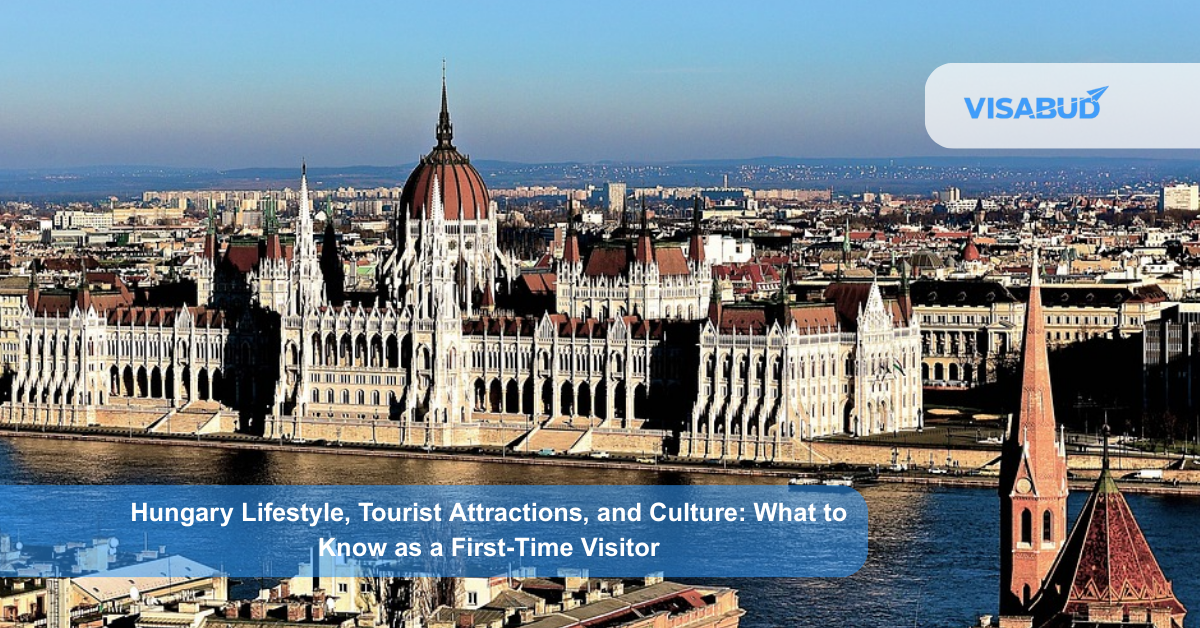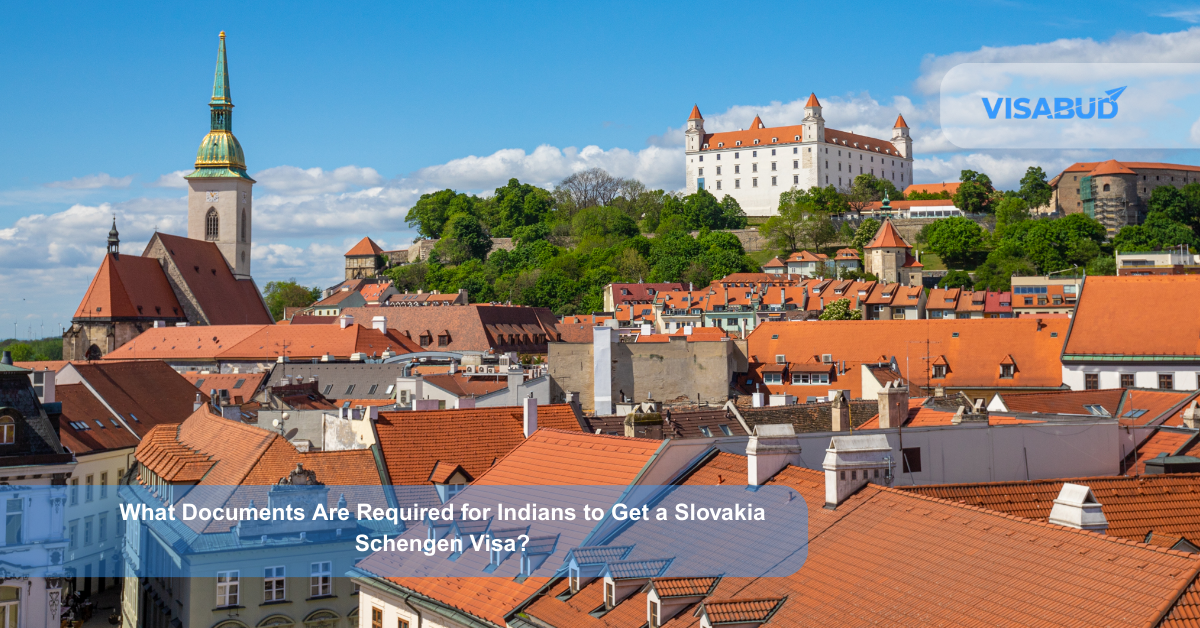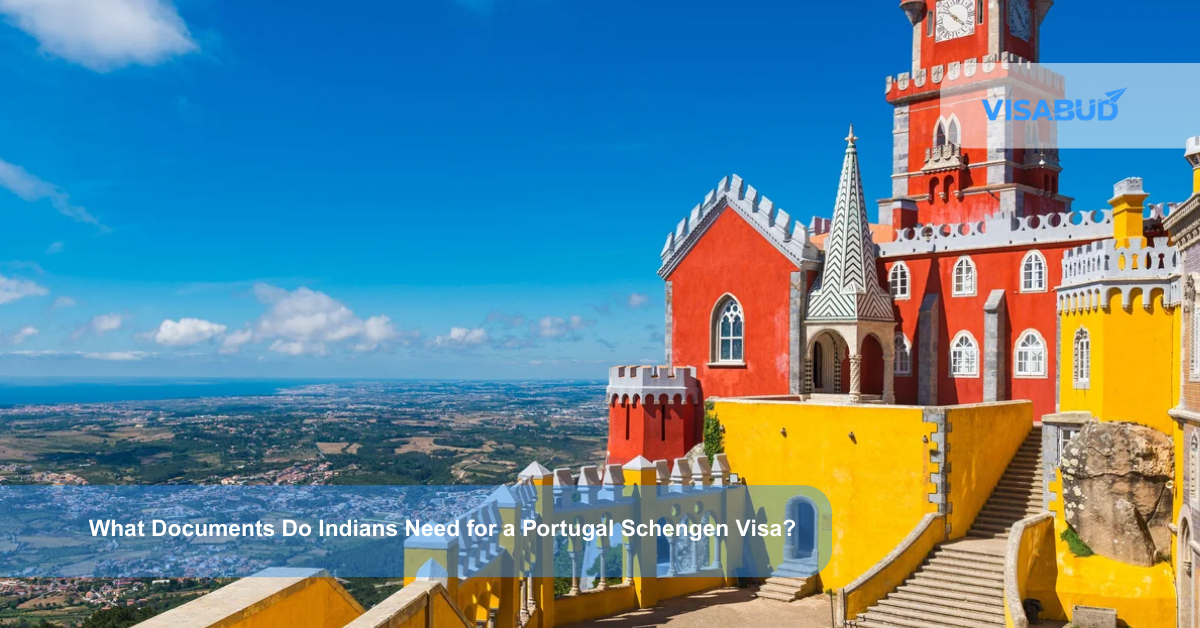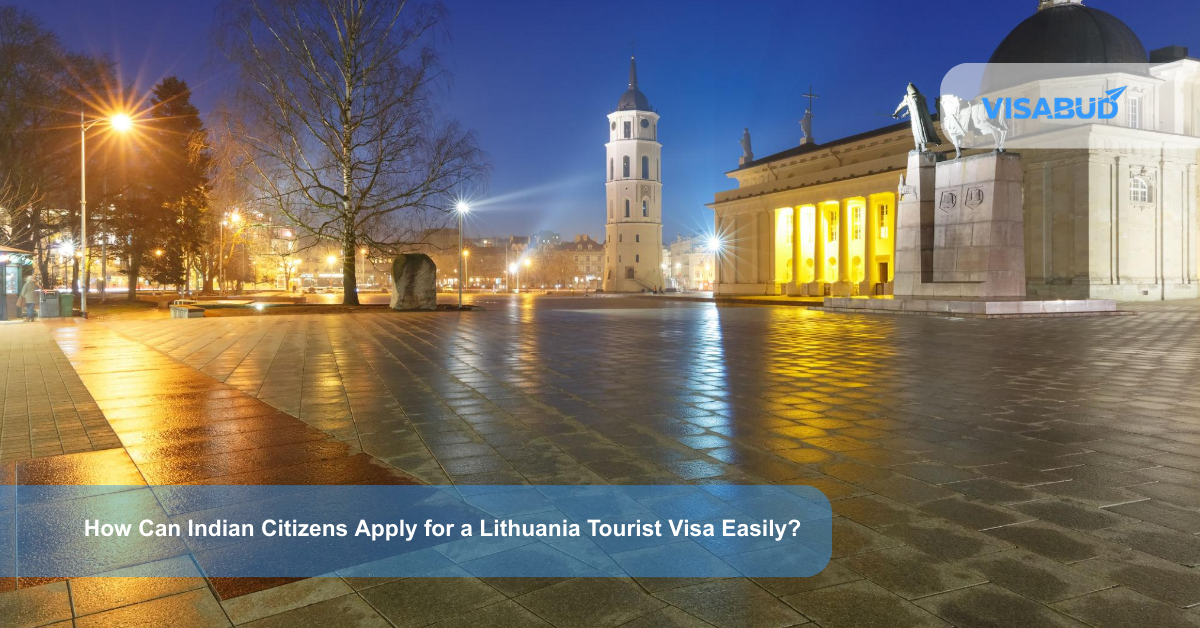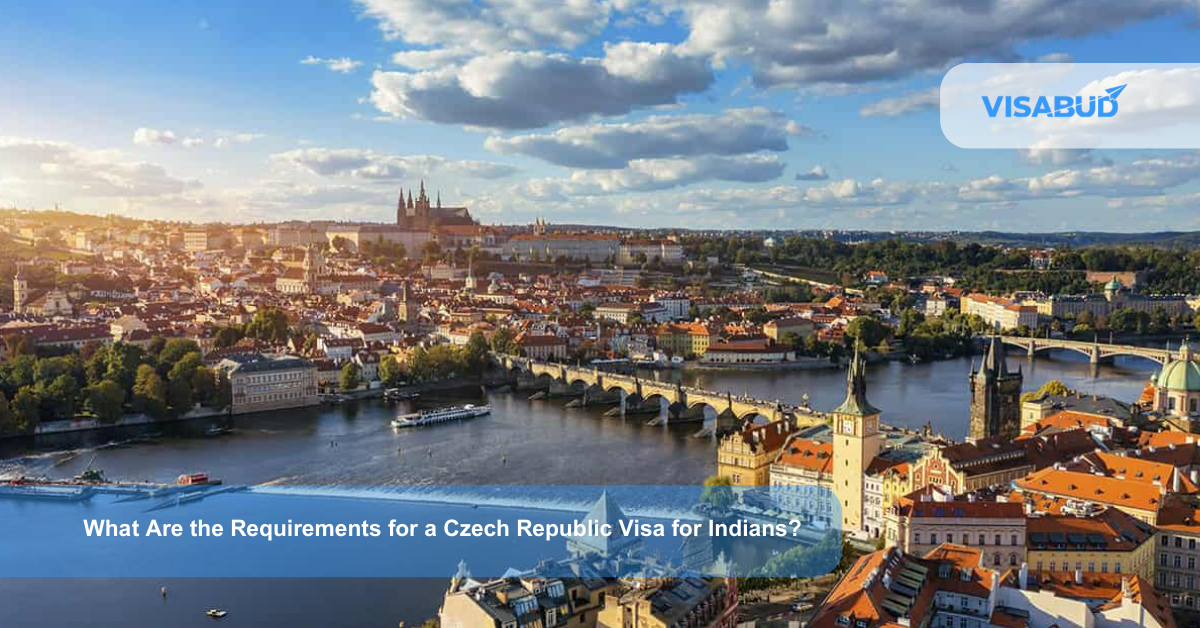Hungary, nestled in the heart of Central Europe, is a country where history, natural beauty, and vibrant traditions come together in perfect balance. For a first-time visitor, it offers an inviting mix of medieval castles, soothing thermal spas, colorful local markets, and a culture rich in warmth and hospitality. Every region holds its own character, making the country feel like a patchwork of unique stories waiting to be explored.
Budapest, the capital, is often the starting point for travelers. Its dramatic skyline is split by the Danube River, with Buda’s historic hills on one side and Pest’s lively boulevards on the other. Visitors can soak in the famous Széchenyi or Gellért thermal baths, admire the Neo-Gothic Parliament Building, or enjoy a sunset cruise along the river. Beyond the capital, Hungary’s charm continues with Lake Balaton, the nation’s “inland sea,” offering sailing, swimming, and sunlit resorts. Wine regions such as Tokaj invite guests to savor award-winning vintages, while Eger’s cobbled streets echo with tales of battles and resilience.
Hungarian culture values hospitality and balance between tradition and innovation. Folk music, lively dances, and artisan crafts remain treasured, while modern cafés and art galleries thrive alongside centuries-old architecture. The cuisine is another highlight, with hearty goulash, sweet chimney cakes, and fresh market produce forming part of daily life.
Travelers will also notice how easy it is to connect with locals. A friendly greeting, a shared meal, or learning a few Hungarian phrases can open doors to authentic experiences. Whether exploring urban landmarks or relaxing in rural villages, Hungary’s blend of history, culture, and natural charm leaves an enduring impression, making it a destination where every moment feels both grounded in heritage and alive with discovery.
A Glimpse into Hungarian Lifestyle
Life in Hungary is a mix of old-world charm and modern comfort.
Hungarians value politeness, punctuality, and quiet public spaces. Visitors who greet people with a smile or a short “Szia” (hello) usually receive warm responses.
Must-Visit Tourist Attractions
Hungary offers a wide range of experiences. Here are a few highlights:
Understanding Hungarian Culture
Hungarians often value quiet dining experiences and prefer that guests respect table etiquette. Tipping is customary, usually around 10%.
Travel Tips for First-Time Visitors
10 Frequently Asked Questions
1. What is the best time to visit Hungary?
Spring and autumn are ideal for pleasant weather and fewer crowds.
2. Is Hungary expensive for travelers?
It’s generally affordable, with reasonable prices for food, transport, and accommodation.
3. Do locals speak English?
In cities and tourist areas, many people understand English; rural areas may require basic Hungarian phrases.
4. What food should I try first?
Start with goulash, lángos (fried bread), and kürtőskalács (chimney cake).
5. Are thermal baths safe for everyone?
Yes, but check with a doctor if you have health issues like heart problems or high blood pressure.
6. How do I get around Hungary?
Use trams, buses, or trains for easy travel; car rentals are available for countryside trips.
7. Can I use euros in Hungary?
The official currency is the Hungarian Forint (HUF), though some tourist spots accept euros.
8. What is Hungarian nightlife like?
Budapest has lively ruin bars, jazz clubs, and cozy wine cellars perfect for evening entertainment.
9. Is Hungary safe for solo travelers?
Yes, it’s considered safe, but usual precautions like keeping valuables secure apply.
10. Are credit cards widely accepted?
Yes, especially in hotels and restaurants, but carry cash for smaller purchases.
Final Words
Hungary is far more than a collection of historic landmarks or postcard-perfect views it is a country where old-world traditions and modern creativity live side by side. Whether wandering through cobbled streets in Budapest, sailing across the quiet waters of Lake Balaton, or discovering the charm of villages tucked between rolling hills, visitors find a landscape rich in stories and hospitality.
One of Hungary’s greatest treasures is its spa culture. Soaking in warm thermal baths, surrounded by elegant architecture or natural rock formations, is an experience that blends relaxation with centuries of heritage. Food and wine are just as memorable. From hearty goulash served in rustic restaurants to delicate Tokaji wines savored in candlelit cellars, every taste reflects a balance of history and innovation.
Music and dance remain woven into everyday life, inviting travelers to witness folk performances or listen to soulful jazz in atmospheric “ruin bars.” Even a quiet evening stroll along the Danube reveals how art, history, and daily living intertwine.
To truly enjoy Hungary, take your time. Pause at small cafés, talk with market vendors, and learn a few Hungarian phrases each interaction deepens your understanding of local culture. Respect for traditions, coupled with a spirit of curiosity, will reward you with genuine connections and lasting impressions.
A visit to Hungary is not just a holiday; it’s a gentle immersion into a rhythm that values both heritage and progress. Whether you come for its architecture, cuisine, music, or peaceful landscapes, you’ll leave with more than photographs. You’ll carry a sense of warmth and discovery that lingers long after you return home, reminding you why this Central European gem continues to inspire travelers from around the world.
